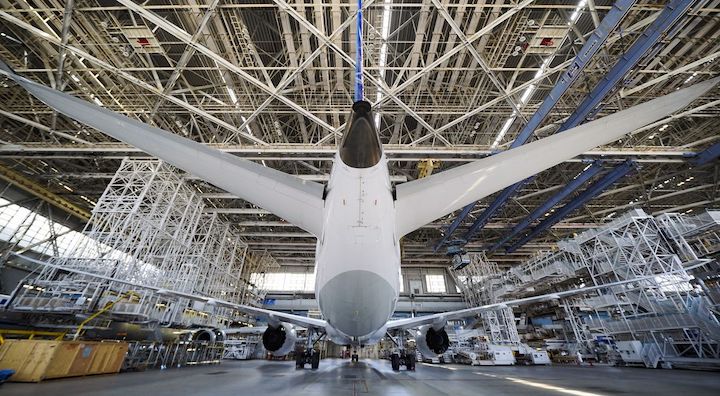The U.S. and U.K. reached a truce in a trade dispute involving Airbus SE and Boeing Co., agreeing to a five-year suspension on tariffs affecting various goods.

Products such as Scotch whisky, biscuits and clotted cream had been hit by additional duties of 25% because of the spat, and the agreement between the U.S. and Britain suspends the tariffs until 2026 while talks take place, U.S. Trade Representative Katherine Tai’s office said in a statement on Thursday.
While the U.S. reached a framework in the longstanding aircraft-subsidy dispute with the EU earlier this week, it needed to negotiate a separate resolution with London after the U.K. left the EU last year.
The transatlantic allies have been working to resolve their trade differences so they can take a common stance against China’s state-backed advances in global commerce.
The U.S.-EU deal, announced in Brussels on Tuesday, included a five-year EU commitment not to reinstate its duties on $4 billion worth of U.S. goods like tractors, video games and rum. In return, Washington withdrew for five years its tariffs on $7.5 billion worth of European food and luxury items, like Champagne, cognac and leather goods.
In addition to suspending tariffs, the EU and U.S. agreed to create a working group to analyze bilateral disagreements and develop principles and appropriate actions; commit to provide transparent information on the funding for R&D in the sector; and jointly address non-market practices of countries like China.
The U.S. in March suspended tariffs with the U.K. and then the EU for four months—a period that would have ended in early July—to create space to negotiate a long-lasting solution.
The World Trade Organization had ruled that the governments of Germany, France, Spain and the U.K. provided Airbus with illegal subsidies through launch-aid loans for aircraft development, equity infusions, debt forgiveness and various other financial contributions.
The Geneva-based trade body also ruled that in the U.S., Boeing benefited from illegal subsidies through a since-withdrawn Washington state business and occupation tax break.






